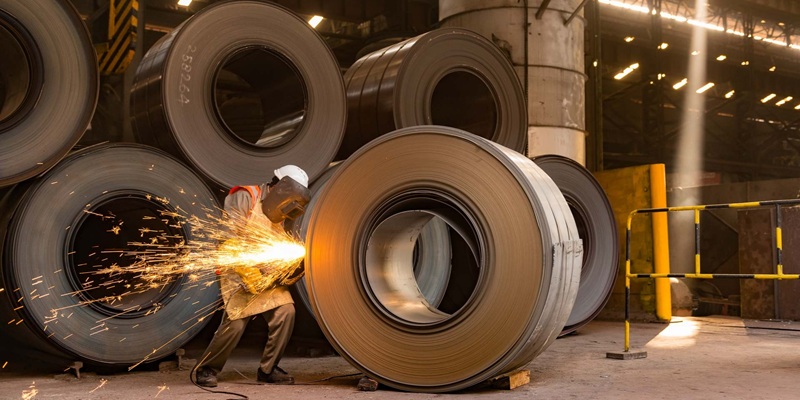Schedule a Call Back
After Vizag gas leak, govt issues guidelines for restarting manufacturing industries
 Industry News
Industry News- May 11,20
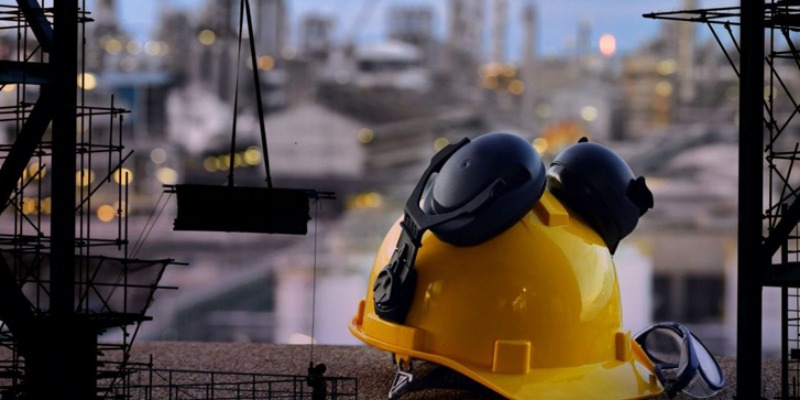
NDMA has advised that all the responsible officers of the district will ensure the Industrial On-Site Disaster Management Plans are also in place for safe re-starting of the industries during & after Covid 19 lockdown
New Delhi
After the gas leak tragedy at LG Polymers plant in Andhra Pradesh’s Visakhapatnam that killed 11 people, National Disaster Management Authority (NDMA) - under the Union Ministry of Home Affairs (MHA) - has issued detailed guidelines under the Disaster Management Act, 2005, on restarting manufacturing industries after the lockdown period.
In early response to Covid 9, nationwide lockdown was ordered with effect from March 25, 2020. As the lockdown is being gradually released in some zones, certain economic activities are being permitted by the government.
ALSO READ: Practical Tips To Restart Manufacturing Units
Due to several weeks of lockdown and the closure of industrial units during the lockdown period, it is possible that some of the operators might not have followed the established SOP. As a result, some of the manufacturing facilities, pipelines, valves, etc. may have residual chemicals, which may pose risk. The same is true for the storage facilities with hazardous chemicals and flammable materials.
National Disaster Management Authority has issued Guidelines on Chemical Disasters, 2007; Guidelines on Management of Chemical (Terrorism) Disasters, 2009; and Strengthening of Safety and Security for Transportation of POL Tankers,2010, which are relevant for chemical industries. The Manufacture, Storage and Import of Hazardous Chemical Rules, 1989 under Environment Protection Act, 1086 provide the statutory requirements for these industries.
ALSO READ: Will the new Labour Code make industries safer?
When Lockout/Tagout procedures are not in place, many energy sources can prove to be hazardous to operators/supervisors who are servicing or maintaining electrical, mechanical or chemical equipment. When heavy machinery and equipment are not maintained periodically, they can become dangerous for the operators/engineers.
Combustible liquids, contained gaseous substances, open wires, conveyor belts and automated vehicles make manufacturing facilities a high-risk environment. Improper enforcement of safety codes and improperly labelled chemicals can further pose serious health hazards.
When an unexpected event occurs, managing rapid response becomes challenging. In order to minimize the risk and to encourage a successful restart of the industrial units, the following guidelines are being issued.
State Governments will also ensure that the off-site disaster management plan of the respective Major Accidental Hazard (MAH) units are up to date and preparedness to implement them is high. It is also advised that all the responsible officers of the district will ensure the Industrial On-Site Disaster Management Plans are also in place and cover Standard Operating Procedures for safe re-starting of the industries during & after COVID 19 lock down.
NDMA has issued following generic guidelines:
1. While restarting the unit, consider the first week as the trial or test run period; ensure all safety protocols; and not try to achieve high production targets.
2. To minimize the risk it is important that employees who work on specific equipment are sensitized and made aware of the need to identify abnormalities like strange sounds or smell, exposed wires, vibrations, leaks, smoke, abnormal wobbling, irregular grinding or other potentially hazardous signs which indicate the need for an immediate maintenance or if required shutdown.
3. Especially during the Covid-19 times, ensure all lockout and tagout procedures are in place on a daily basis (not applicable for units running 24hrs).
4. Inspection of all equipment as per the safety protocols during the restart phase
5. In case the industry has any difficulty in managing crucial backward linkages that may be critical for their safe functioning, they should approach the local district administration for specific assistance. District Magistrates may be instructed to ensure that in such instances, the industrial unit may be facilitated to run their end to end operations, in the overall interests of industrial security.
For specific industrial processes, following guidelines have been issued:
1. Storage of raw material
a) Inspect the storage facilities for any signs of spills, wear and tear during the lockdown.
b) Check for already opened storage vessels/containers/bags/silos for possible oxidation/chemical reaction/ rusting/ rotting etc.
c) HAZMAT Chemicals in the storage need to be checked for chemical stability before using for any processes
d) Ensure ventilation and proper lighting before entering the storage areas
e) Sense for abnormalities like strange sounds or smell, exposed wires, leaks and smoke
f) Check supply pipelines/valves/conveyor belts for any signs of damage/wear & tear
g) Check the storage building for any signs of distress and damage to the roof.
2. Manufacturing Processes
a) Carry out a complete Safety Audit of the entire unit before taking up starting activities
b) Cleaning of pipelines, equipment and discharge lines: Mechanical cleaning followed by air /water flushing and chemical cleaning based on the type of the process equipment
c) Run-in of rotatory equipment under supervision
d) Boilers/ furnaces/ heat exchangers to be checked for lining and signs of wear and tear
e) Check supply pipelines/valves/conveyor belts for any residual material and wear and tear. Also check all the pipelines / valves for obstructions/ pressure levels.
f) Ensure all pressure, temperature gauges are functional
g) Tightness test: Many process units handle combustibles or toxic substances (or both), the leakage of which could result in disaster, damage, or economic loss. To prevent the occurrence of such incidents, it is necessary to confirm that the plant complies with the required tightness before start-up.
h) Service test need to be performed for all water, compressed air, and steam piping and equipment with normal operating fluids. The system is first pressurized with operating fluids and then checked for leakage. For air lines, leaks can be found using soap solution. For water and condensate lines, the leakage can be observed visually. Leakage points found during the test are retightened. The test is deemed successful if no foam is observed from soap solution, or if no water or condensate is observed visually.
i) Vacuum hold test: All vacuum systems must be leak tested. Air inside the system is first evacuated to attain the required vacuum. The best way is to start at one end of the section and work through to the other end, checking flanges, valves, fittings, instruments, and other equipment. Each leak is tagged, making it easy for the maintenance team and personnel of the next shift to continue with the work.
j) Trial testing be carried out before the full-fledged production is initiated with full human resources
k) Ensure the arrangement for round-the-clock emergency crews/ professional technical teams provided with MAH and cluster of MAH should have an extended coverage of 200 km to reach transport accident spots for help
NDMA guidelines has made it mandatory for companies to have skilled workers at the site. “Workers involved in dealing with hazardous material must be skilled and experienced in the field. No compromise on deployment of such workers should be permitted when an industrial unit is opened up,” said the press release.
Related Stories

PLI scheme: Need for a course correction
The Government of India is reportedly planning to ease some norms for five sectors (textiles, pharmaceuticals, drones, solar and food processing) to help them better utlise the fund under its Produc..
Read more
Factories of the Future
According to the recently released “State of Smart Manufacturing” report by Rockwell Automation, India has the highest number of manufacturing organisations investing in technology. The study su..
Read more
IPF’s 3i EXPO webinar: Vision 2025 for Indian manufacturing sector
As part of 3i EXPO 2023 webinar series, Industrial Products Finder (IPF) organised a virtual panel discussion on the topic ‘Vision 2025 for Indian Manufacturing Sector’ to discuss challenges a..
Read moreRelated Products
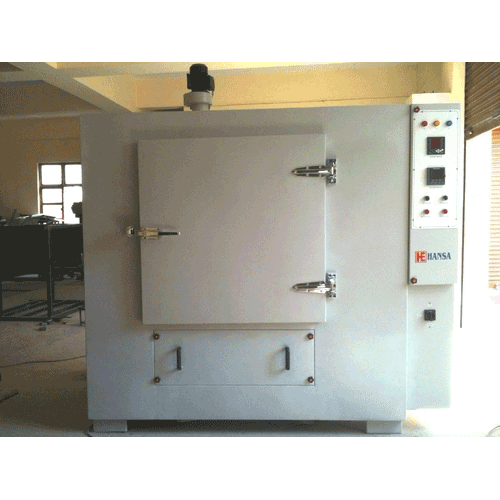
Heavy Industrial Ovens
Hansa Enterprises offers a wide range of heavy industrial ovens.
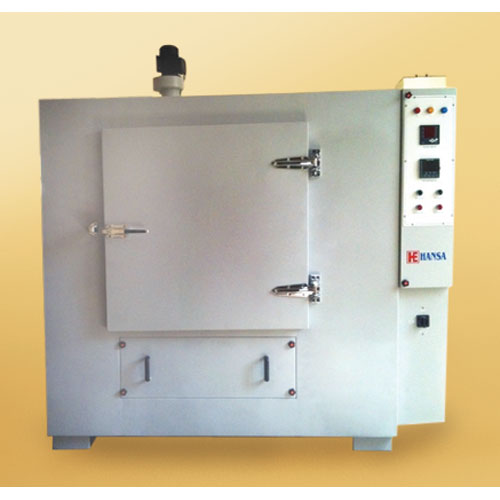
High Quality Industrial Ovens
Hansa Enterprises offers a wide range of high quality industrial ovens. Read more
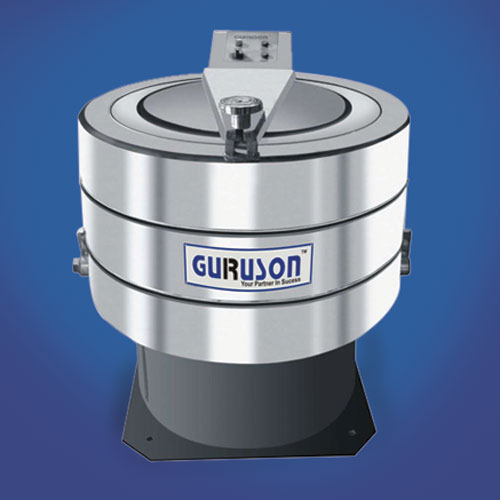
Hydro Extractor
Guruson International offers a wide range of cone hydro extractor. Read more






